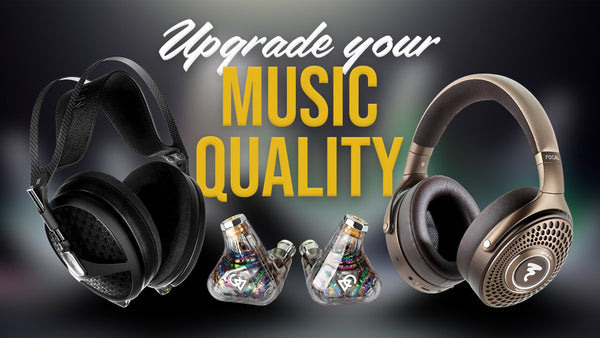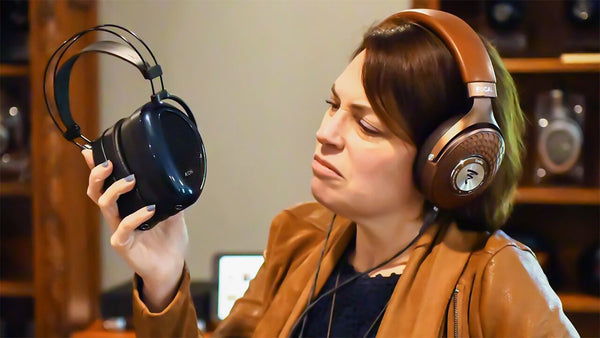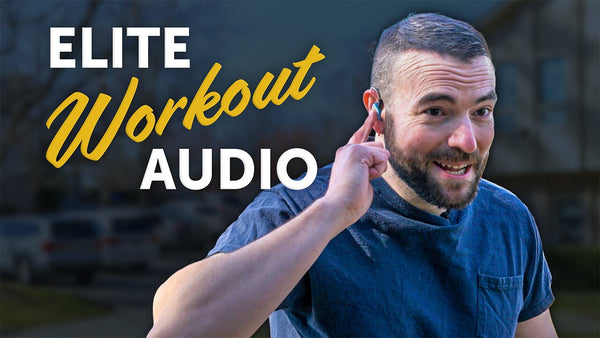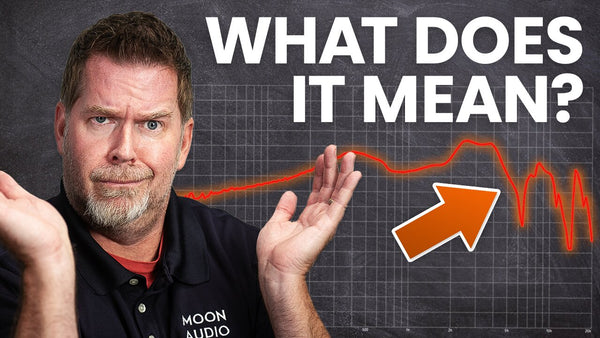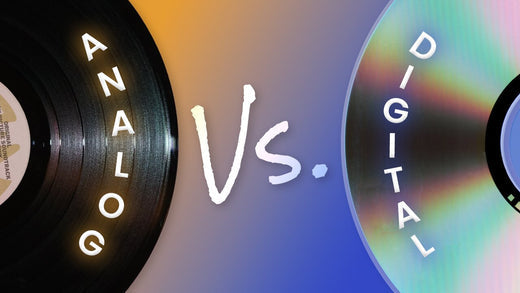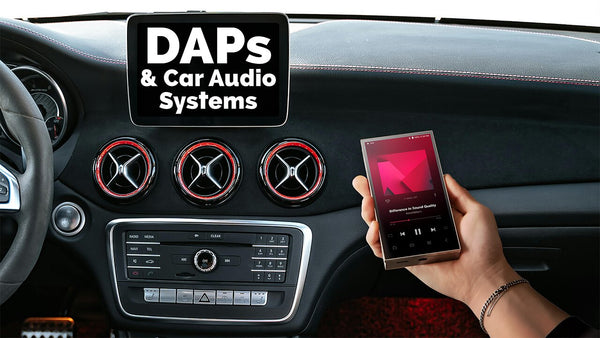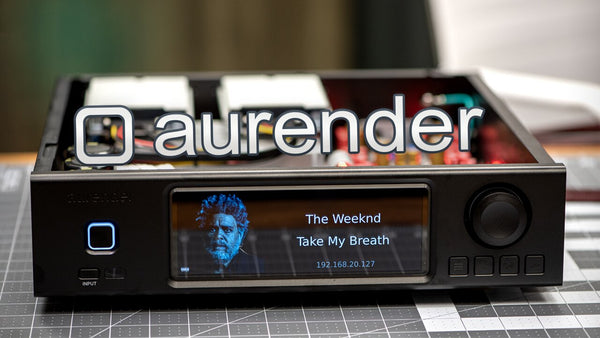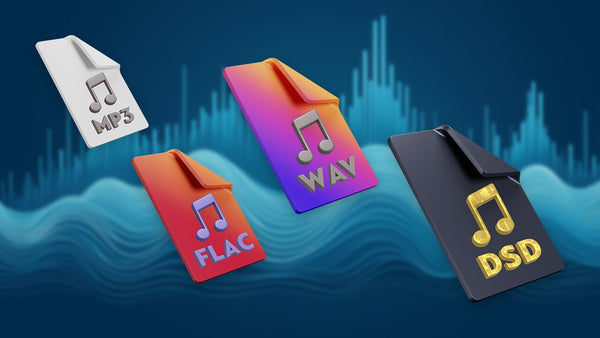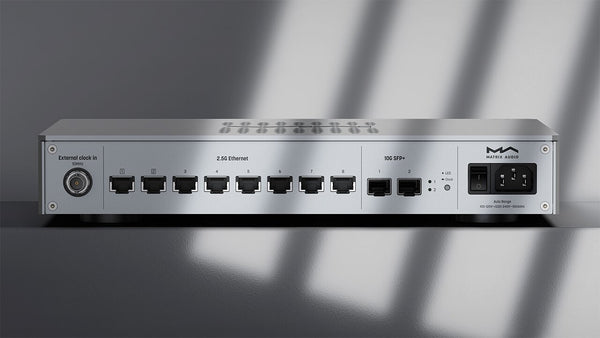"Music is my therapy."
You can buy the sticker on Amazon, slap it on your car, and every music lover will know what it means:
Music is the cure for what ails you. It truly is a form of therapy. It's the balm at the end of a bad day, your solace when you are sad, your motivation when you are moving through mud. Music puts you back on track when you're going off the rails.
If music has the power to make you feel better, naturally you want it to sound better.
Optimal sound is what drives music lovers to Moon Audio for high-end headphones, headphone amps, DACs, custom audio cables, and much more. Dig a little deeper, though, and we find our customers are looking for audio gear that can do more for their music ... so that their music can do more for them. And there's quite a bit that music can do:
Music can calm you down ... and perk you up. It can help you solve problems … and forget about them. Music can help you tune in … and tune out. It can boost your well-being ... and help you with being well. Music can feed your head … and get you out of your head. And none of this is in your head!
Indeed, according to the American Music Therapy Association, music can be used to promote wellness, manage stress, and enhance memory. Certified music therapists use it to address their clients’ physical, emotional, cognitive, and social needs. The effects of music therapy are far-reaching. While you may not have experienced music therapy sessions under the guidance of a trained therapist in clinical practice, you likely have a sense of the multifaceted and often paradoxical power of music to affect your mind and your body. It really can improve your quality of life.




